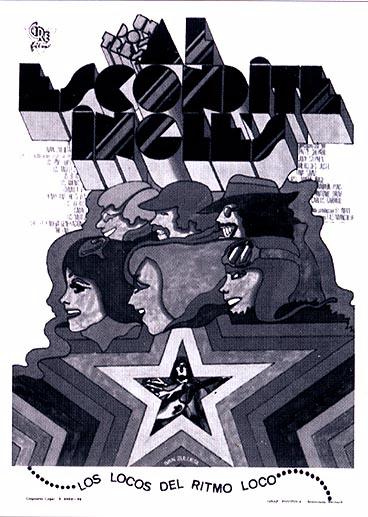
Shades of The End


|
Personnel : Colin Giffin (guitar, lead vocals); Dave Brown (bass, vocals); Nicky Graham (keyboards, vocals); Terry Taylor (guitar) and Hugh Atwooll (drums). (Gordie Smith & John Horton - sax, incidently Horton designed the 'Introspection' album cover) Over the years of their existance, The End enjoyed the active help of Rolling Stone, Bill Wyman. They had been previously introduced to Wyman by producer Glyn Johns who had spotted them backing Elkie Brooks and were amongst the support acts for the Stones September '65 tour following the release of 'Out of Our Heads' along with the Spencer Davis Group; Unit Four Plus Two and The Moody Blues. A debut single 'I Can't Get Any Joy' had duly flopped and any plans Wyman had regarding the band were then thwarted by lack of action on the part of the Stones manager Alan Klein's office. So it wasn't until nearly three years later on signing to Decca (ironically the Stones label) before any further releases kicked off again. In 1968 'Shades of Orange' / 'Loving, Sacred Loving' appeared, both songs were built up during the sessions for the Stones album 'The Satanic Majesties Request' and have appeared over the years on various Stones bootlegs which seems a little odd as apart from Wyman the only other connection is Charlie Watts who plays tabla. 'Shades' was a wonderful song with dreamy atmospheres whilst 'Loving' featured Nicky Hopkins on harpsichord. In the same year, the album 'Introspection' also appeared and is one of the highlights of the English psychedelic scene, no collection should be without it. 1969 gave the band the chance of an appearance in the Spanish underground movie, 'Al Escondite Ingle's' ('To The English Hiding Place') making a playback of 'Cardboard Watch' whilst walking in the street (see below for stills from this film). Shortly after this, The End's original line-up fragmented as the band mutated into Tucky Buzzard (still under Wyman's management). Colin Griffin left to pursue a solo career and Hugh Atwooll returned to the End's adopted home, Spain, to work with the likes of Miguel Rios. Remaining members - Nicky Graham; Dave Brown and Terry Taylor recruited Paul Francis on drums along with Terry Taylor's former colleague from The Mode, Jim Henderson as lead vocalist. Incidently two points of interest, firstly Jim had also contributed backing vocals on Introspection and The Mode is not the same band who recorded Eastern Music on Rubble Two : Pop Sike, Pipe Dreams. Tucky Buzzard went on to record five Lps before splitting up in the mid-Seventies. Tenth Planet has served the band well, issuing three albums worth of unreleased recordings. The first volume 'In The Beginning' (TP 025) highlights the earlier recordings; the second 'Retrospection' (TP 033) includes album outtakes and a version of 'Black Is Black' which was inspired by the group's friendship with Los Bravos. The final offering 'The Last Word' (TP 047) looks more at the final line-up with the band going through the transitional period around the end of The End and the beginning of Tucky Buzzard. 'Shades of Orange' can be found Rubble 6 : The Clouds Have Groovy Faces; The Psychededlic Scene and The Great British Psychedelic Scene. Broken Dreams featured two songs, 'Jacob's Bladder' & 'Introspection pt.2' whilst Visions from the Past volume 3 featured 'Why' |
| Al Escondite Ingle's As mentioned above, The End appeared in the Spanish movie, "Al Escondite Ingle's". The group are seen walking the streets to a playback of "Cardboard Watch". The film is very surreal and has the guys wearing kaleidoscope styled glasses giving some great effects.
|
Thanks Andrew Linsell for help on this page; Gordon Brady for the video and Carol-Anne Lennie for the newspaper clipping